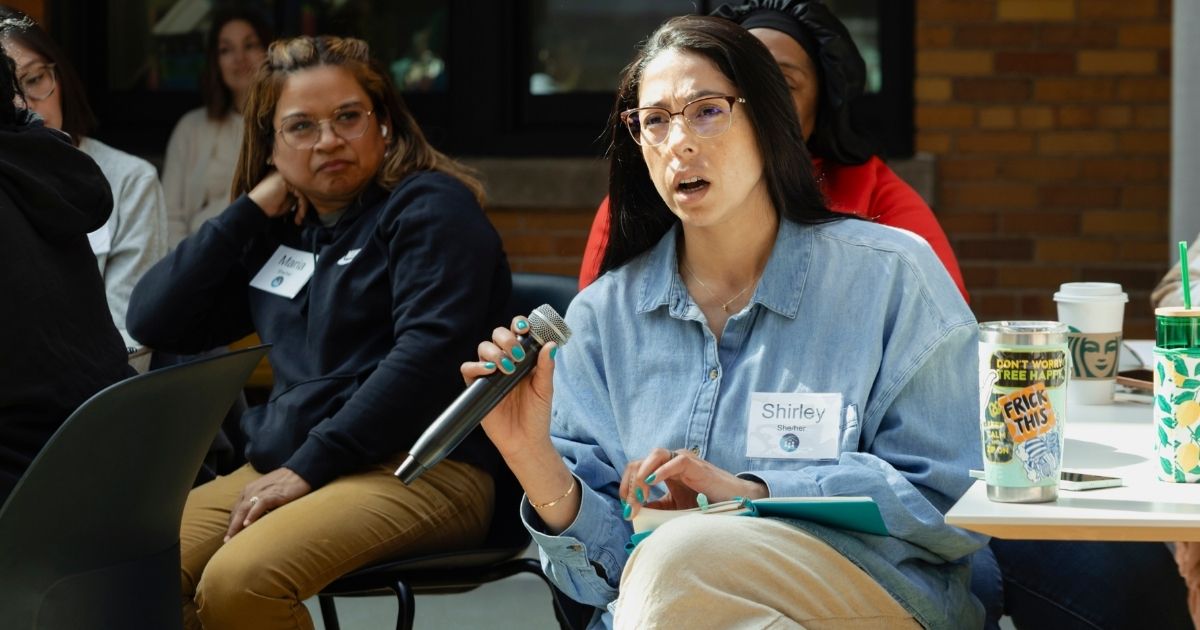Olympic champions wouldn't win medals without practice. The same can be said for job seekers. Preparing for interviews is one way to put your unemployed self ahead of the pack. Prepare for circumstances like these before you step foot in the HR office.
More employers are inclined to ask situational questions, says Knoll HR Manager Kristen Goodemoot. "They've moved away from yes or no questions, and depending on the company, they're going to say, 'Tell me about a time when…'"
While these types of questions are less specific and more difficult to prepare for, Kristen says you can have candid responses at the ready. Mention a time when you encountered the situation before, what you did, and how you ensured a successful outcome, says Kristen, that way you will demonstrate your knowledge and experience to employers.
Many interviewers also ask for salary requirements. While Kristen suggests you come prepared with a range, a safe word to use is "negotiable."
"A lot of times, it will depend on the entire package including salary, benefits, flex time, and vacation," she says. This topic usually does not come up during a first interview, and interviewees should not broach the subject at that time. What job seekers should ask during an interview are questions that will describe the culture and working environment for which they are interviewing.
"Ask what's important, what makes a successful candidate, and how you fit into that," Kristen says. Ask "what training is available…and what are the current goals and objectives and challenges for the year."
Initial red flags to future employers are interviewees with typos in resumes, or those candidates who "throw their previous employers under the bus." To avoid these tell tale signs of no second call back, job seekers should have others proofread resumes multiple times. Typos reflect poorly on a candidate's abilities, Kristen says.
"I may not pursue somebody because what does that say about how detail oriented you are?" she says.
If the candidate was fired from a previous position, she should make sure she can explain the situation to an interviewer.
"Never lie. There is never an appropriate time to lie in an interview," Kristen says.
If employers do a background check, which is typical, reason for termination will be divulged anyway. Also be prepared for drug and alcohol screening. Kristen says most employers take part in this, and "it's amazing how many (professional) people we still have failing."
Preparing yourself with a descriptive cover letter, detailed resume, and a sharp suit are all pieces of the job puzzle, but without interview practice, candidates leave an essential gap in the final picture of employment.
Written by: Erika Fifelski was born and raised in West Michigan, and after a brief stint on the sunrise side, she's home and loving it. Erika enjoys cooking, sewing, vacuuming, and discovering new ways to live sustainably and support local businesses. Photo: Oki Oki




